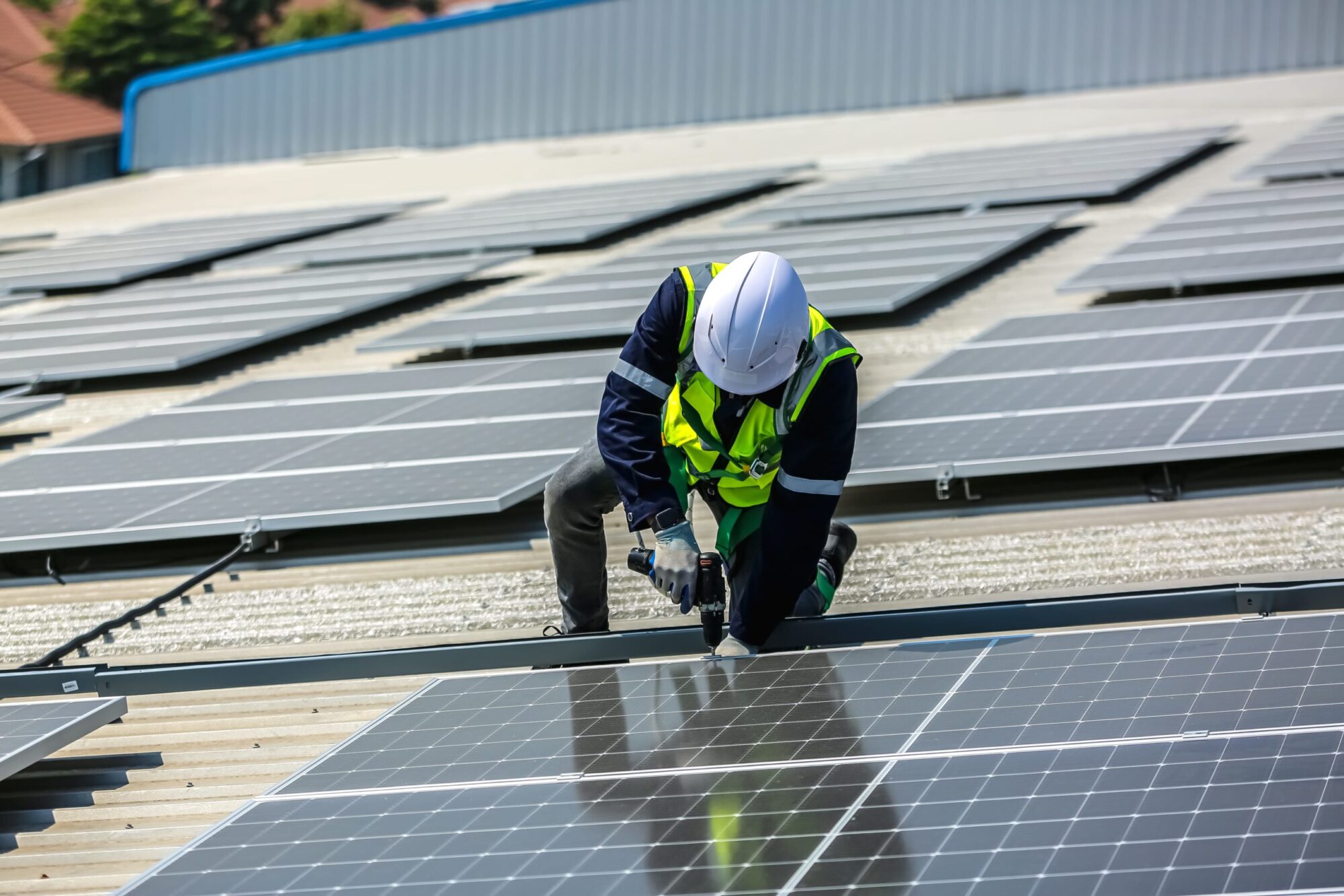In an era where sustainability is not just a buzzword but a business imperative, organizations around the world are increasingly looking for effective strategies to minimize their environmental footprint. The corporate journey towards Net Zero, where carbon removals or offsets balance greenhouse gas emissions, remains a top priority on the executive agenda. One of the most practical and impactful avenues for achieving these goals is the adoption of solar photovoltaic (PV) systems. By leveraging solar energy, companies can simultaneously reduce their carbon footprint, demonstrate corporate social responsibility, and future-proof their operations.
Understanding Net Zero Strategy and Solar Energy’s Role
Net Zero refers to the practice of reducing greenhouse gas emissions as much as possible and offsetting any remaining emissions through credible measures, such as reforestation or carbon capture. Businesses are expected to play a pivotal role in this transition, with regulators, customers, and investors increasingly scrutinizing corporate environmental policies. A well-articulated Net Zero strategy often incorporates ambitious targets, implementation roadmaps, and ongoing performance measurement. Integrating solar energy into this strategy is not only an effective way to reduce emissions but can also enhance a company’s reputation as a sustainability leader.
Solar PV systems generate electricity directly from sunlight, providing clean, renewable power that does not emit carbon dioxide during operation. By installing these systems on rooftops, carports, or vacant land, businesses can displace a significant portion of the conventional grid electricity that often comes from fossil fuel sources. This direct reduction of operational emissions helps organizations align with science-based Net Zero targets and comply with emerging sustainability regulations.
Accelerating Your Net Zero Journey with Solar PV
The transition to a Net Zero future requires more than incremental change; it demands transformative action across all levels of business operations. Solar PV offers a practical, scalable solution that can be tailored to suit a wide range of industries, facility sizes, and energy demand profiles. By investing in on-site solar installations, companies not only reduce their reliance on carbon-intensive power but also create a visible, verifiable contribution to global climate action.
The impact of solar PV on a company’s carbon footprint can be substantial. For every megawatt-hour of solar electricity generated, roughly one half to one ton of carbon dioxide is avoided, depending on the grid mix being displaced. Over the lifecycle of a PV system—typically 25 years or more—businesses can avert thousands of tons of emissions while locking in predictable, often lower energy costs.
Moreover, solar enables real-time measurement and reporting of carbon reductions, allowing businesses to quantify progress against their Net Zero targets. Many companies choose to power not only their direct operations with solar but also encourage suppliers and partners to adopt renewable energy, amplifying the overall impact.
Beyond Operations: Corporate Responsibility and Future-Proofing
Committing to solar energy is not just about operational savings or technical compliance; it’s a cornerstone of modern corporate responsibility. Stakeholders expect companies to take tangible, science-based actions to address climate change. Solar adoption signals a proactive approach, weaving environmental stewardship into the fabric of business culture and long-term planning.
Customers are increasingly conscious of the environmental impact of the products and services they choose. By clearly communicating the role of solar in your Net Zero ambitions, you can enhance your brand’s environmental credibility. This commitment can influence purchasing decisions, foster loyalty, and open doors to new markets that prioritize sustainability in their procurement processes.
Investing in solar also provides built-in resilience against future regulatory changes and volatile energy markets. As governments globally introduce carbon pricing, renewable energy mandates, and stricter reporting requirements, companies equipped with solar PV installations will be better positioned to navigate the evolving landscape. Locking in clean energy today offers a hedge against future cost increases while supporting predictable business growth.
Integrating Solar PV into Long-Term Sustainability Planning
For a Net Zero strategy to be sustainable, it must be holistic, forward-thinking, and integrated across all levels of an organization. Solar PV installations serve as a visible, actionable commitment, forming a crucial part of broader business sustainability initiatives. Whether paired with battery storage, electric vehicle charging, or green building certifications, solar can be the foundation of a comprehensive energy transition plan.
To optimize impact, businesses should assess energy needs, consider multi-site deployments, and explore financing mechanisms such as power purchase agreements or solar leases that minimize upfront costs. Collaborating with experienced solar partners can streamline system design, installation, and ongoing performance monitoring.
In conclusion, solar PV systems are a powerful tool for accelerating a company’s Net Zero strategy. By installing solar, businesses can effectively reduce carbon emissions, strengthen corporate responsibility narratives, and future-proof operations amid a rapidly changing regulatory and market environment. Embracing solar today is a decisive step toward a more sustainable, competitive, and resilient future.

































